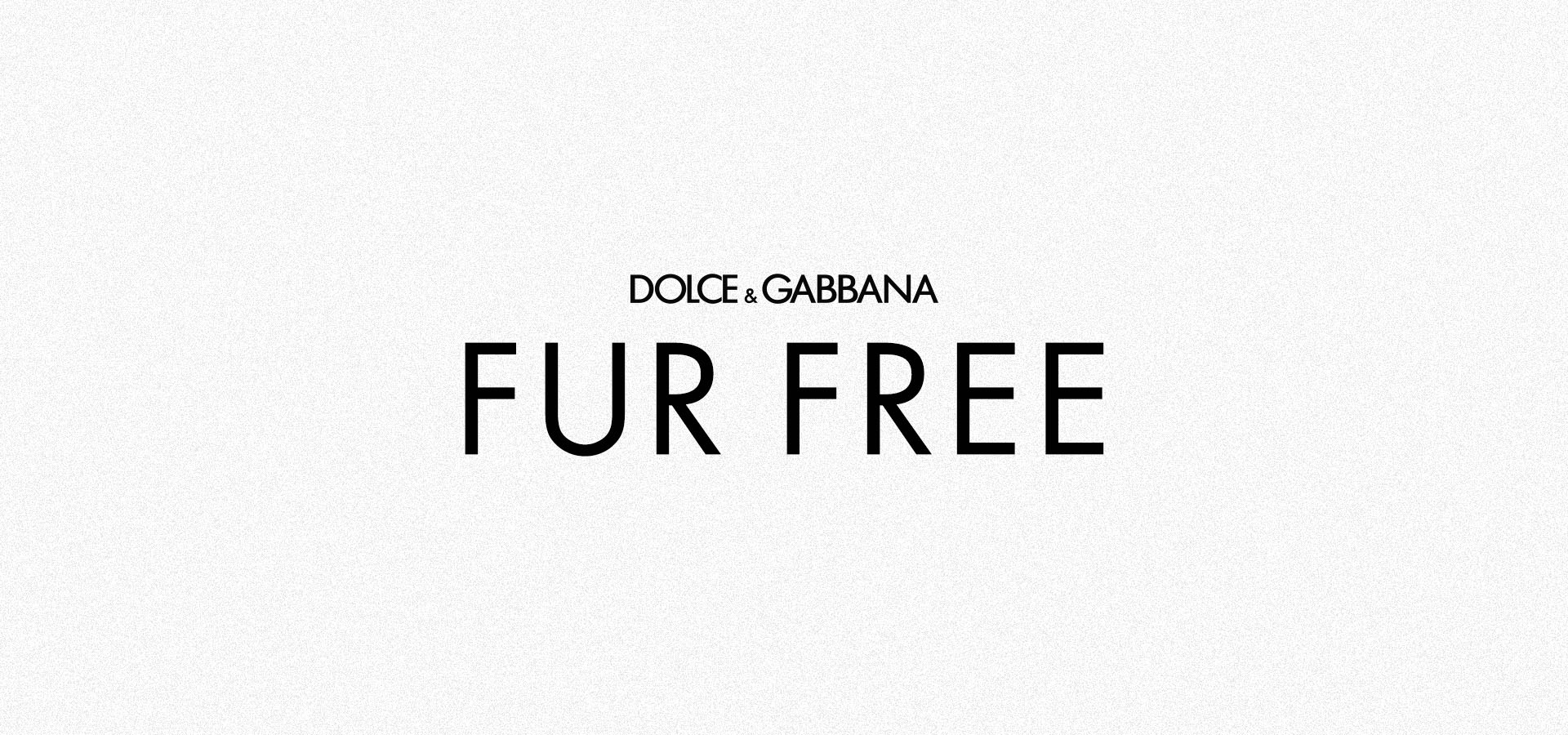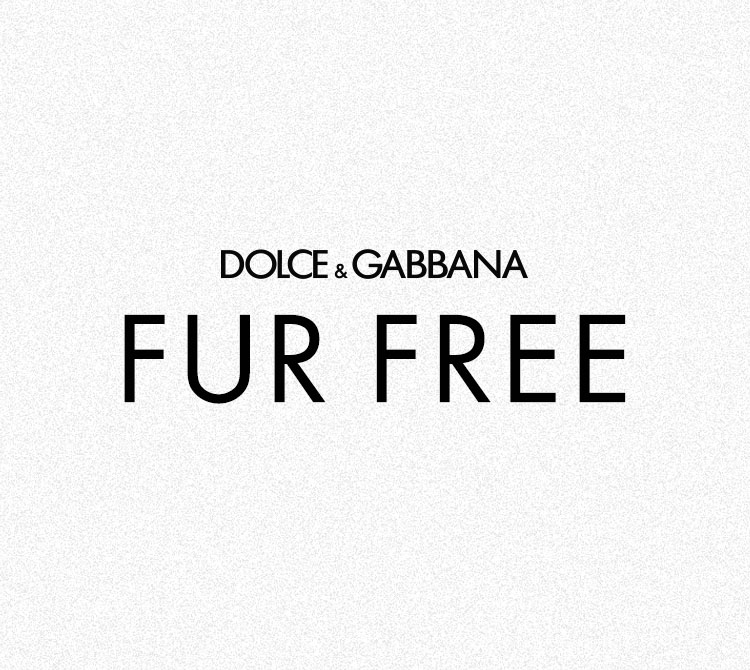Overview of Dolce&Gabbana fur free policy
Starting on January 2022, Dolce&Gabbana announced that it would no longer use animal fur in its designs or new products in their collections, in accordance with the Fur Free Retailer, an international initiative of the Fur Free Alliance, bringing together more than 1500 retailers and brands worldwide.
The new policy is in line with the Fur Free Retailer’s guidelines, where fur means any animal skin or part of it comprised of the relevant hair and fur fibers that comes from animals bred or captured specifically for their fur.
Dolce&Gabbana approach towards fur free
Dolce&Gabbana will preserve the work and professionalism of the fur masters, using their know-how to make garments and accessories in faux fur, enhancing the experience of craftsmanship.
Dolce&Gabbana believes that the entire fashion system has a significant social responsibility role that must be promoted and encouraged to develop environmentally friendly production processes, while at the same time preserve artisans’ jobs and know-how.
Products covered by the fur free policy
According to the Fur Free Retailer program’s definition:
Fur means any animal skin or part thereof with hair or fur fibers attached thereto, either in its raw or processed state or the pelt of any animal killed for the animal ‘s fur. “Fur“ shall not include 1) such skins as are, or are to be, converted into leather or which in processing have, or shall have, the hair, fleece, or fur fibers completely removed, 2) materials clipped, shorn, or combed from animals, such as fleece, sheepskin, or shearling, 3) leather or hair attached to skin that is typically used as leather, e.g. cowhide with hair attached, or 4) synthetic materials intended to look like fur.
Dolce&Gabbana’s requirement is that suppliers comply with applicable laws, conventions, and regulations, including certifications (CITES1, guarantee of origin, etc), to promote animal welfare and ensure responsible practices along the supply chain.
January, 2022
1CITES (Convention on International Trade in Endangered Species of Wild Fauna and Flora) is an international agreement that aims to regulate the trade of endangered plants and animals. The agreement seeks to ensure that the trade of these species does not threaten their survival in the wild.


